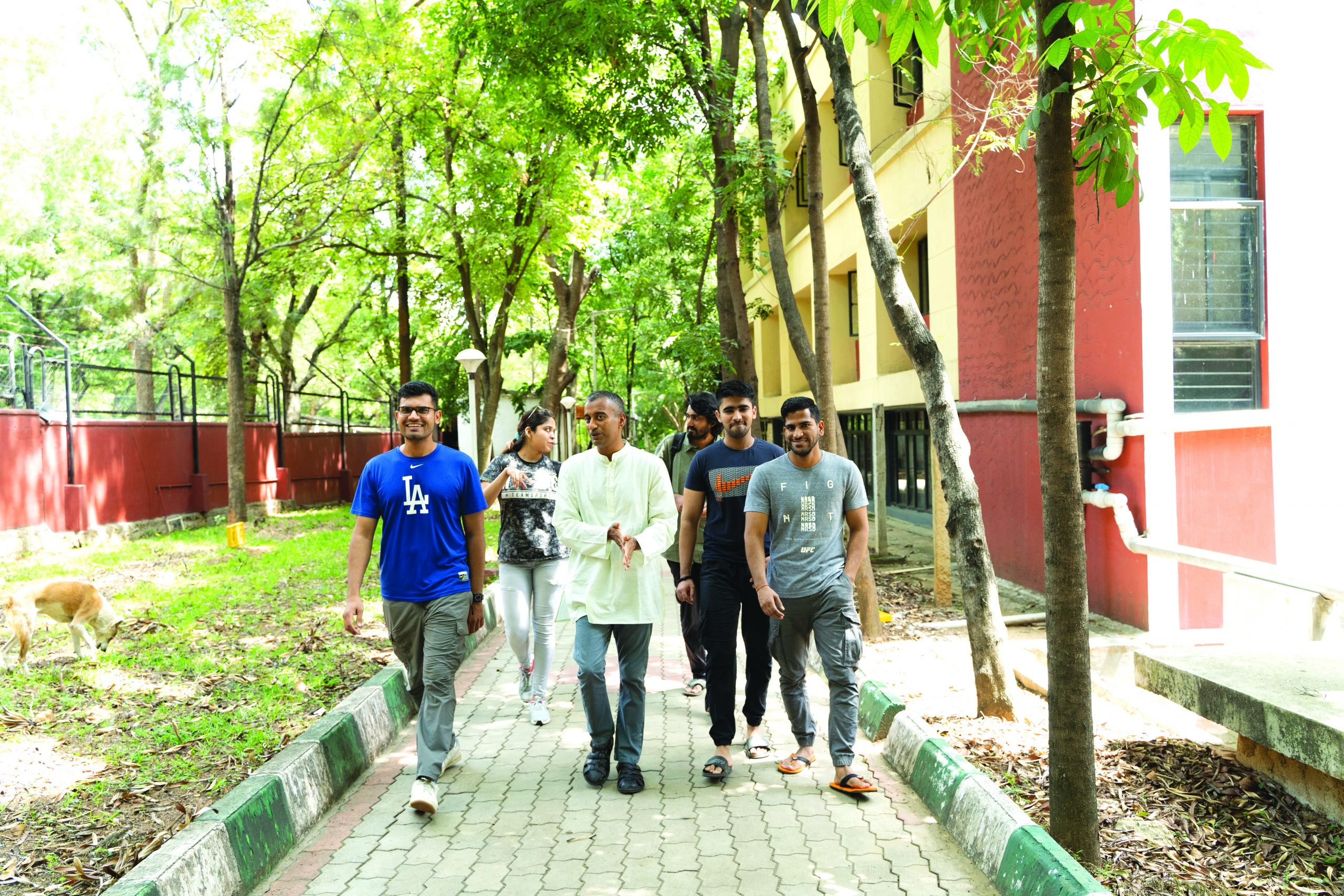India’s top government law & humanities universities 2024-25
Established in 23 states countrywide, India’s 27 publicly-funded National Law Universities (NLUs) have emerged as the gold standard of contemporary legal education

The country’s 27 publicly-funded National Law Universities (NLUs) are the IITs of legal education. Since the first National Law School of India University, Bengaluru was promoted in 1988 pursuant to legal education reforms advocated by the Bar Council of India, 26 additional NLUs have been promoted in 23 states countrywide and have emerged as the gold standard of contemporary legal education.
Admission into NLUs is through an IIT-JEE-style hyper-competitive national exam, the Common Law Admission Test (CLAT). Over 200,000 students write CLAT annually, of whom only 3,000 are admitted into 24 NLUs, whose graduates on completion of the rigorous five-year BA.LLB programme are snapped up by top corporatised legal firms at annual remuneration packages ranging from Rs.10-15 lakh. However in the new millennium, several private sector law schools — notably the Jindal Global School of Law of the O.P. Jindal Global University — have also established excellent reputations with their alumni receiving start-up remuneration packages of equivalent amounts.
Nevertheless within the category of government-promoted law universities, NLUs have dominated the EW league table of India’s best public law and humanities universities. The latest 2024-25 league table is no different with eight pre-eminent NLUs in the Top 10.
The pioneer National Law School of India University, Bengaluru (NLSIU) is ranked #1 for the third consecutive year followed by NALSAR University of Law, Hyderabad at #2, NLU, Delhi #4, West Bengal National University of Juridical Sciences, Kolkata #5, NLU Jodhpur #6, Dr. Ram Manohar Lohiya National Law University, Lucknow #7, Hidayatullah National Law University, Raipur #8 and National Law Institute University, Bhopal #9. Non-NLUs which have made it to the Top 10 are The Indian Law Institute (Deemed University), Delhi at #3 and Shri Lal Bahadur Shastri National Sanskrit University, Delhi #10.
“We are grateful to receive recognition for our continuous efforts to provide highest quality law education to the next generation who will transform the legal profession and frame laws that govern the country. NLSIU is deliberately focused on admitting a diverse student body to be mentored by expert faculty in law, public policy, social sciences and the humanities. The objective is to provide our students a transformative education experience including interdisciplinarity, experiential and socially engaged learning in all our degree programmes. We are also developing a thoroughly professional administration and implementing comprehensive digital transformation across all academic, administrative and residential processes while also reviving an institutional research framework through our centres, chairs and projects,” says Dr. Sudhir Krishnaswamy, an alum of NLSIU and Oxford University, appointed Vice Chancellor of NLSIU in 2019.
Krishnaswamy is especially appreciative that NLSIU is top-ranked on the parameters of faculty competence, faculty welfare and development, and research and innovation. “In 2023, we recruited 22 faculty — the largest cohort in a single hiring round, and also recently completed another recruitment round in February. To ensure an enabling environment for our faculty/staff, we have also revamped our campus facilities with provision of a creche and health centre, and access to mental health services,” he adds. Currently, NLSIU has 1,123 students and 77 faculty on its muster rolls.

















Add comment